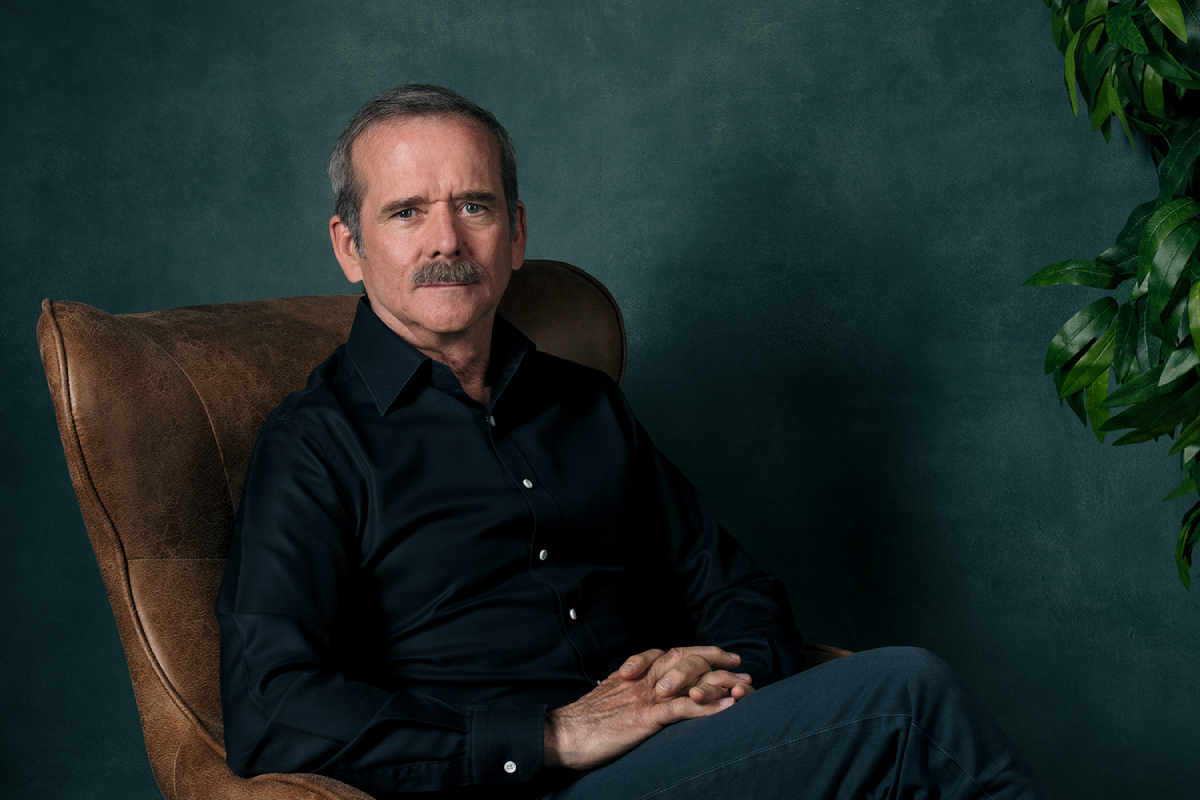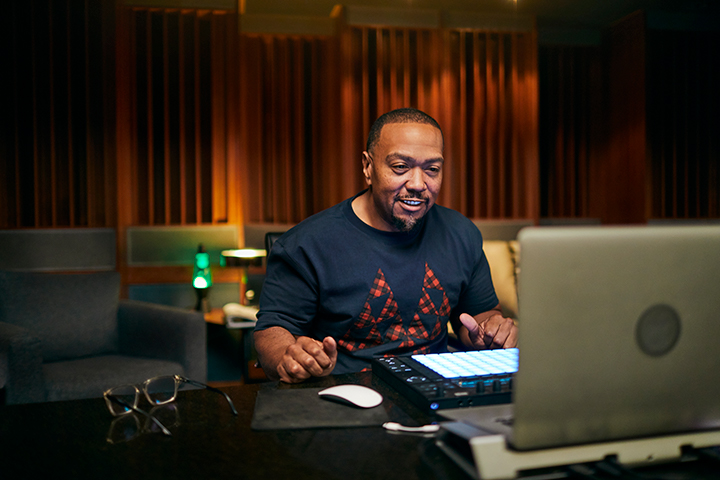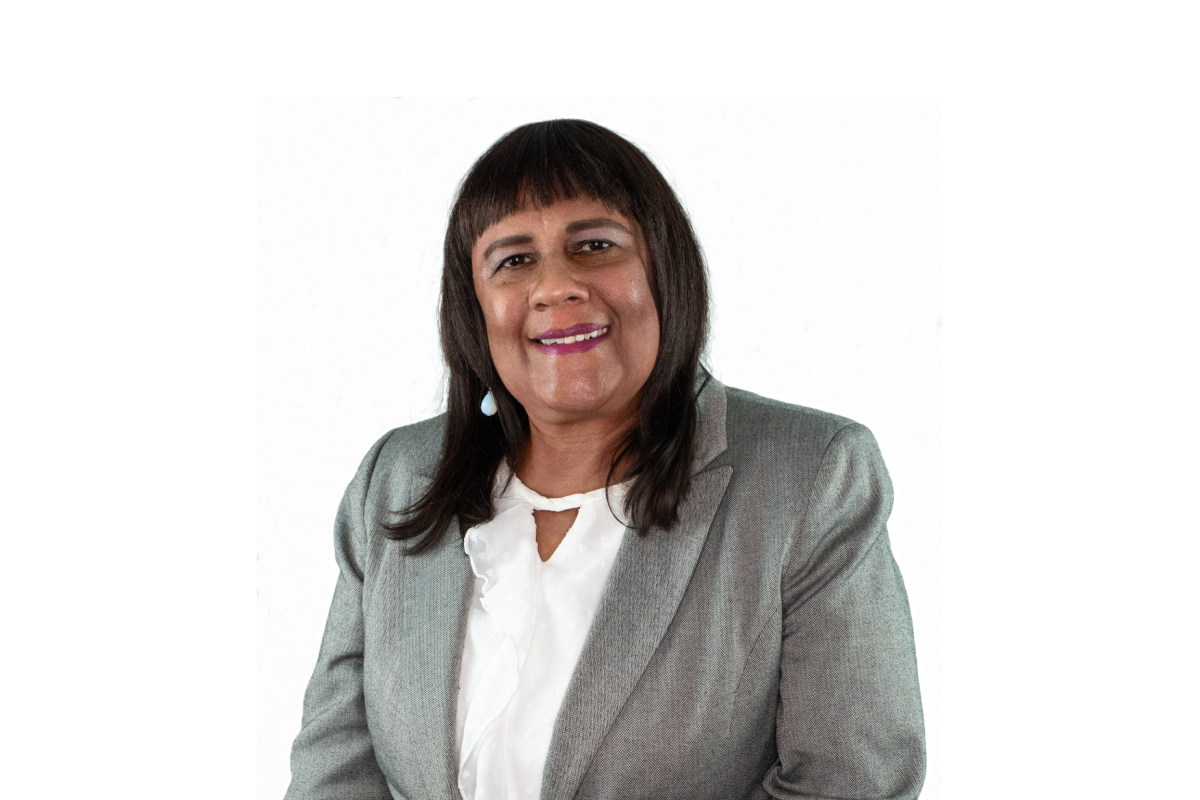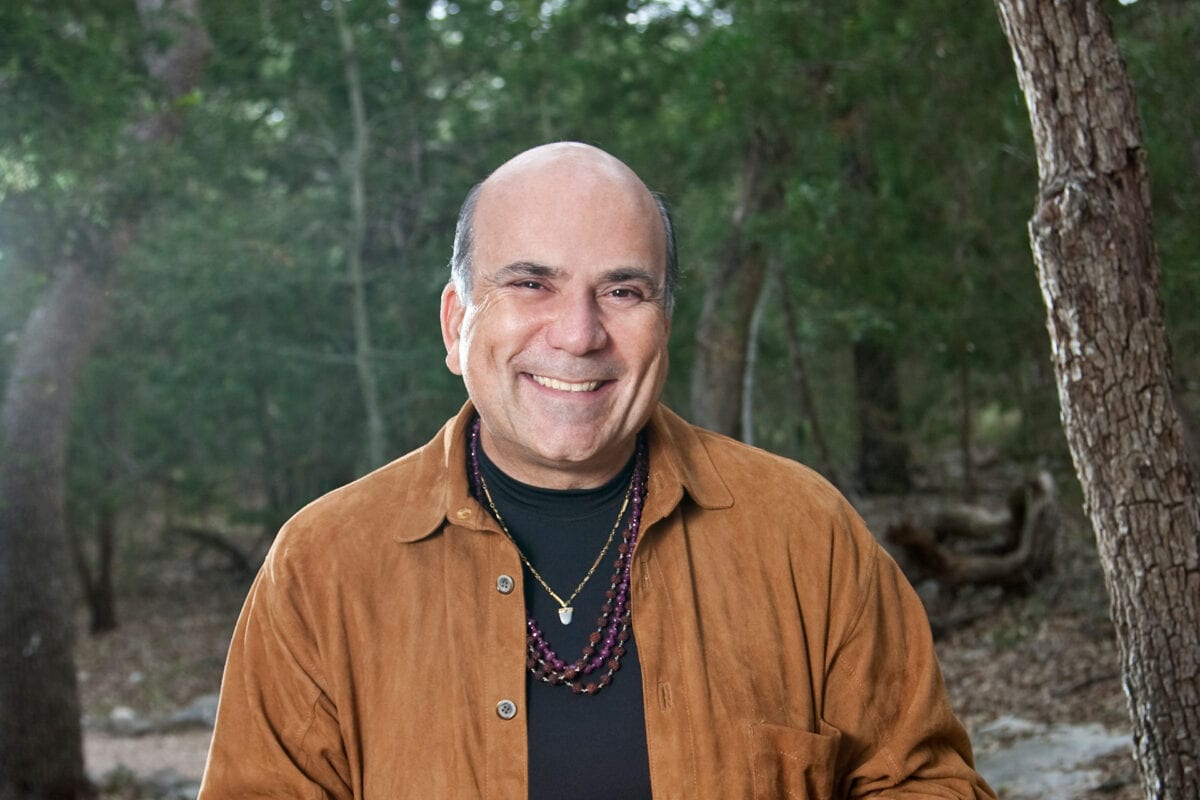Col. Chris Hadfield is a distinguished retired Canadian astronaut, recognized for his groundbreaking contributions to space exploration. With a career spanning over 21 years in the Canadian Space Agency (CSA) and NASA, Hadfield has earned international commendation for his three space missions, including serving as Commander of the International Space Station (ISS). Notable achievements include being the first Canadian to command the ISS, and conducting spacewalks.
Hadfield’s commitment to advancing scientific knowledge in space has inspired millions worldwide and paved the way for future generations of astronauts. Besides his career in space, he is an accomplished author, entrepreneur, and public speaker, captivating audiences with insights into space exploration and the human experience.
Hadfield’s literary pursuits include his acclaimed novel, “The Defector,” which delves into themes of resilience and survival in the harsh expanse of space, published in October 2023. His new book, currently unnamed, scheduled for release in 2025, promises to offer readers a deeper glimpse into the complexities and challenges faced by those venturing beyond Earth’s atmosphere.
Additionally, Hadfield’s entrepreneurial ventures reflect his passion for developing innovative technologies and solutions for future space missions. As a sought-after public speaker, he continues to engage global audiences, sharing experiences from his time in space.
In our exclusive interview, we dive into Hadfield’s remarkable journey and aspirations, exploring his legacy beyond Earth, and the impact of his contribution to the world-at-large.
As the first Canadian to command the International Space Station, what were some of the most memorable experiences during your time as Commander?
My journey began long before assuming command. Deciding to become an astronaut at the age of nine, it took 42 years of dedicated preparation before I commanded a spaceship at the age of 51.
The most memorable and valuable experiences occurred during this extensive preparation period, including two previous space flights involving the construction of space stations and spacewalks. These experiences encompass a lifetime of commitment and skill development akin to the training and achievements of an Olympic athlete like Usain Bolt.
Your book, “The Defector,” explores themes of resilience and survival in space. Can you tell us more about this novel’s inspiration and significance?
My novel, “The Defector,” delves into themes of resilience and survival in space, emphasizing the critical role of technology alongside the human aspect. In crafting my novels, I portray technology as a pivotal character, highlighting its intricate functions and contributions to survival in space. Drawing from my unique perspective as an astronaut, I strive to provide readers with a realistic and fact-filled portrayal of space exploration.
Transitioning from a military pilot to an astronaut posed unique challenges. What key hurdles did you face, and how did you overcome them?
During my third spaceflight, one of the notable challenges we faced was a life-threatening issue that emerged onboard the space station just before our return to Earth. The central coolant system malfunctioned, causing liquid ammonia to spray into the vast expanse of space from our spaceship.
This situation necessitated an urgent and intricate spacewalk to rectify the problem. Despite the gravity of the situation, my crew and I worked together to successfully address the issue, highlighting the crucial role of teamwork in navigating obstacles in the unforgiving space, environment.
Your experiences as an astronaut undoubtedly shaped your approach to leadership and teamwork. Can you share some insights into how these experiences influenced your leadership style?
In my leadership, I emphasize the crucial aspects of clear communication, adaptability, and collaboration. Effective leadership and seamless teamwork are principles for mission success and crew safety in the dynamic space exploration environment.
In your upcoming book slated for 2025, what topics or themes can readers expect to explore?
My impending book continues the story of “The Apollo Murders” and “The Defector,” taking readers back to space with familiar characters, and introducing new elements to captivate and surprise the audience. With each installment, I aim to provide an insightful exploration of space exploration while maintaining a thrilling narrative that resonates with readers.
Share your writing process and how you balance your time between writing, speaking engagements, and other commitments.
Managing my various commitments requires careful planning and optimization of my time. As the director of several companies, advisor to others, and chair of the board of the Open Lunar Foundation, alongside my involvement in various sustainability projects and touring with my band, time management is paramount. To maintain productivity, I enlist the assistance of a dedicated scheduler who helps organize my schedule, ensuring that I prioritize tasks efficiently.
For my writing process, I’ve found that carving out dedicated time in the morning works best for me. I begin by engaging in physical activity, followed by a light meal, before immersing myself in writing until midday. This routine allows me to capitalize on my mental clarity and creativity during the morning hours, leaving the afternoons free to address other commitments.
Your TED Talk, “What I Learned From Going Blind in Space,” resonated deeply with audiences. What message do you hope people take away from your shared experiences?
My biggest hope is for audiences to have a deeper understanding of fear and its impact on our lives, from my TED Talk. By sharing my experiences, I’ve highlighted the distinction between fear and danger, emphasizing the importance of confronting fears and seeking competence to overcome them. Our fears have nothing to do with danger; they’re just uncertainty. Ultimately, I want to inspire individuals to challenge their fears, and pursue personal growth and fulfillment.
The motivation behind establishing your business ventures is intriguing. Can you elaborate on what drove you to pursue entrepreneurship, especially in space exploration?
Entrepreneurship, to me, is about innovation and utilizing one’s skills and confidence to create something original. Just as a songwriter crafts a unique song, entrepreneurs in space exploration conceive groundbreaking ideas and technologies that push the boundaries of what’s possible. The space shuttle, for instance, was a culmination of countless entrepreneurial ideas integrated to achieve the extraordinary feat of space travel.
How do you envision advancements in space technology shaping future entrepreneurial opportunities?
Looking ahead, advancements in space technology present unprecedented opportunities for entrepreneurship. From satellite communication to space tourism and asteroid mining, emerging industries drive economic growth and job creation.
Moreover, the exploration and colonization of celestial bodies, such as the moon and Mars, offer fertile ground for entrepreneurial ventures in space infrastructure, resource utilization, and interplanetary transportation. As we navigate towards a sustainable future, entrepreneurship in space will play a pivotal role in addressing global challenges and improving humanity’s quality of life within and beyond Earth’s boundaries. Entrepreneurs can explore and capitalize on new frontiers in space exploration and commercialization.
Advice for aspiring astronauts or individuals interested in pursuing careers in space exploration is valuable. What guidance would you offer to those looking to follow in your footsteps?
Cultivating a diverse skill set and a passion for continuous learning are paramount. A solid educational background in STEM fields lays the foundation for space exploration pursuits. Additionally, gaining experience in related fields such as aviation, engineering, research, or military service can provide valuable expertise relevant to space missions.
Developing essential skills such as teamwork, communication, problem-solving, and adaptability is crucial, as space missions demand collaboration and resilience in challenging environments. Perseverance is critical to becoming an astronaut or space professional, as the journey may be demanding and competitive to achieve spacefaring aspirations.
Staying connected with the space community post-retirement is essential. How do you continue to contribute to ongoing space exploration efforts?
Engaging in mentorship, education, and outreach programs allows us to share knowledge and experiences with the next generation of space enthusiasts and professionals. Staying informed about space science, technology, and policy developments enables retired experts to provide valuable insights and perspectives on future space missions and initiatives.
Participation in collaborative research projects, consulting opportunities, or advisory roles within the space industry leverages retired expertise to address current challenges and advance the frontiers of space exploration. Retired space professionals continue to contribute meaningfully to humanity’s quest for knowledge and exploration beyond Earth.
Your photography from space has captured imaginations worldwide. What role does visual storytelling play in inspiring interest and support for space exploration?
Human beings are inherently wired to respond to visual narratives, dating back to ancient forms of art found in caves worldwide. Visual storytelling transcends language barriers and resonates with audiences profoundly, evoking curiosity and wonder.
Through photography and videography captured from space, astronauts can share their experiences with millions of people worldwide. Visual imagery conveys space’s awe-inspiring beauty and grandeur, igniting imagination and fostering a sense of connection with the cosmos. By leveraging digital photography, videos, social media, interviews, and multimedia projects, astronauts can involve different audiences, inspiring them to explore the wonders of space and support future exploration endeavours.
With extensive public speaking engagements, tailoring your message to diverse audiences must be a skill. How do you adapt your message to resonate with different groups?
Speaking engagements require careful consideration and preparation. Firstly, thoroughly research the audience’s demographics, interests, and backgrounds. It enables the speaker to craft a relevant, relatable, and engaging message for the specific audience.
Clear and concise communication is vital, as well as avoiding technical jargon or complex language that may alienate certain audience members. Incorporating storytelling, real-life examples, and visual aids enhances audience comprehension and retention, making the message more accessible and impactful.
The presentation’s interactive elements, such as Q&A sessions, polls, or group discussions, can foster audience participation. It allows the speaker to address the audience’s questions or concerns and adapt the message in real-time based on their feedback. Overall, the goal is to inspire and motivate them to embrace the subject matter and take action based on the insights shared during the presentation.
International collaboration is central to the future of space exploration. In your opinion, what steps can nations take to work together more successfully?
Nations can enhance collaboration by fostering open communication channels and transparent information sharing, which facilitate the identification of shared objectives and priorities. Additionally, they can promote resource-sharing through collaborative projects and encourage mutual benefit and efficiency in space exploration initiatives.
International partnerships are pivotal, leveraging each nation’s strengths to achieve shared objectives by pooling resources, expertise, and technological capabilities. Likewise, standardizing protocols and procedures for space missions promotes interoperability and compatibility among space agencies and organizations, streamlining collaborative efforts and enhancing mission success.
What are the most significant challenges humanity must overcome to establish a sustainable presence beyond Earth?
We are advancing technology for life support and habitat construction, ensuring environmental sustainability through recycling and resource management, and safeguarding astronaut health amidst prolonged space missions. Also, fostering economic viability with commercial ventures like space tourism and asteroid mining is crucial.
Addressing ethical and legal considerations such as property rights and environmental protection is vital. Furthermore, public engagement and education are paramount to garnering support and inspiring future generations. These multifaceted challenges demand sustained innovation, investment, and cooperation to realize humanity’s enduring presence in space.
The evolution of space tourism is fascinating. How do you foresee this sector developing, and what impact might it have on broader space exploration efforts?
As this sector continues to develop, I foresee it becoming increasingly accessible to a broader range of people, with advancements in technology making space travel safer, more affordable, and more enjoyable. This expansion of space tourism could significantly ripple effects on broader space exploration efforts. Firstly, it could generate substantial revenue streams, driving further innovation and investment in space technology and infrastructure.
Similarly, increased public interest and participation in space travel could bolster public support for space exploration initiatives, leading to greater political will and funding for ambitious missions to explore and colonize other celestial bodies. Furthermore, the growth of space tourism could foster international collaboration as countries work together to regulate and manage space traffic, ensuring the safety and sustainability of space activities. Overall, the development of space tourism holds the potential to revolutionize our relationship with space and accelerate humanity’s journey to the stars.
Considering the growing concerns about carbon emissions, how do you think the space industry can contribute to mitigating its environmental impact, particularly regarding space travel and satellite deployment?
One significant avenue for the space industry to contribute to environmental sustainability is the advancement of satellite technology. Satellites offer a unique vantage point to monitor and understand environmental phenomena, such as ice melt in regions like Greenland, with unparalleled efficiency and precision. Investing in satellite-based observation systems can gather crucial data on climate trends and ecological changes while minimizing the environmental footprint associated with data collection.
The ongoing drive towards miniaturization and efficiency in satellite design allows for the deployment of smaller, more resource-efficient payloads. Modern satellites with advanced sensors and imaging technology can accomplish tasks that previously required more significant, resource-intensive spacecraft. For instance, miniature satellites, often no larger than a toaster, can now provide high-resolution mapping of the Earth’s surface daily. This miniaturization trend reduces the environmental impact of satellite deployment and enhances the agility and cost-effectiveness of space-based observation missions.
In parallel, strides in rocket technology offer additional avenues for environmental stewardship within the space industry. The pursuit of reusable launch systems, exemplified by endeavours such as SpaceX’s development of the Starship spacecraft, represents a significant step towards reducing the carbon footprint of space travel. Reusable rockets drastically decrease the resource consumption and waste associated with each launch, ushering in a new era of sustainability in space exploration.
Your experiences with the Canadian Armed Forces and NASA provide unique insights into risk management. How do you approach risk assessment in high-stakes environments?
I’ve gleaned invaluable lessons and adopted a meticulous and systematic approach to risk assessment. I prioritize thorough preparation and training to mitigate known risks and ensure my team, and I equip ourselves to handle unexpected challenges. I’ll emphasize open communication and collaboration, encouraging everyone to voice their concerns and contribute to identifying potential risks.
Besides, I leverage data and expertise from diverse sources to inform my decision-making process, considering past experiences, scientific evidence, and expert opinions. However, I recognize the importance of embracing calculated risks to pursue ambitious aspirations, understanding that innovation and progress often require stepping outside our comfort zones. Ultimately, my approach to risk assessment balances caution with courage, allowing me to navigate high-stakes environments confidently and resiliently.
For individuals embarking on long-duration space missions, what do you consider the most critical skills they should possess?
Having vigorous physical health is vital, as space travellers may be isolated from rapid medical care for extended periods. They must demonstrate a proven ability to learn complex tasks and languages, as mastering intricate systems and communication protocols is essential. Another crucial skill is the capacity to make sound decisions under pressure, especially when faced with life-or-death scenarios. Technical competence is also vital, as space missions demand a deep understanding of spacecraft systems and operations.
Likewise, interpersonal skills such as empathy, compassion, and effective leadership are indispensable for fostering a cohesive and supportive team dynamic in the confined space of a spacecraft. Overall, physical resilience, cognitive adaptability, technical proficiency, and interpersonal understanding are essential for individuals undertaking the rigours of long-duration space travel.
Reflecting on your career, which moments or achievements are you most proud of, and why?
I take immense pride in the journey my wife and I have shared since high school. Together, we have pursued our dreams, raised a family, and embarked on multiple career paths, supporting each other every step of the way. Our enduring bond and the accomplishments of our children bring me intense satisfaction.
My varied professional experiences bring me great pride. From serving as a fighter pilot defending Canada to working as an astronaut and later as NASA’s director in Russia, each role has presented unique challenges and opportunities for growth, which I embrace eagerly. Transitioning into roles within the private sector and academia further enriches my journey, and I am excited about the possibilities in my future career.
Summary
As we conclude our conversation with Col. Chris Hadfield, it’s clear that his journey has been nothing short of extraordinary. From dreaming of the stars as a child to commanding the International Space Station, Chris’s story is about perseverance, strength of character and the relentless quest for excellence.
Jennifer M. Williams | Editor-In-Chief




















